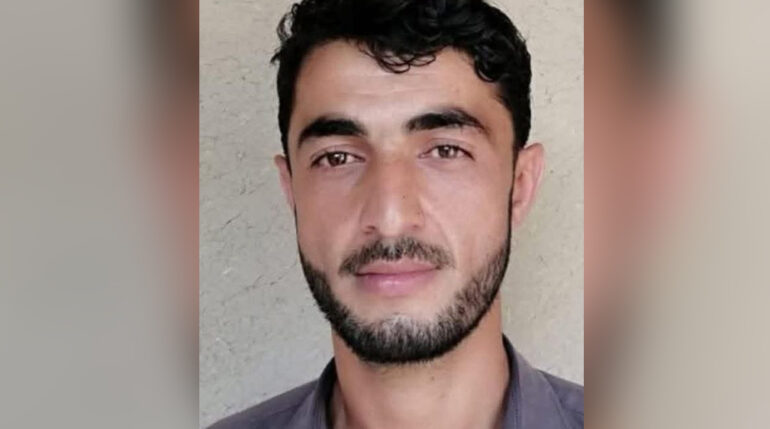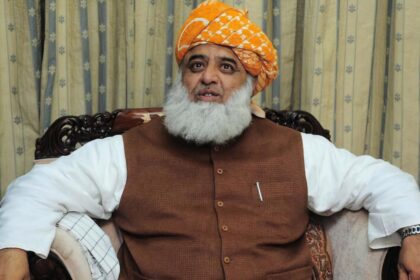RASC News Agency: The killings of former soldiers continue to haunt Afghanistan, unraveling the Taliban’s empty promise of “general amnesty” and exposing the regime’s culture of vengeance. In the district of Hesarak, Nangarhar province, Nik Mohammad, a former officer of the Afghanistani Army’s 205th “Atal” Corps, was gunned down under the cover of night just two evenings ago. Like many ex-servicemen, Nik Mohammad was forced into a life of obscurity after the collapse of the Republic. Stripped of uniform and duty, he sought to live quietly, resigned to the bitter reality of Taliban rule. Yet his modest existence ended violently, his death adding to a mounting toll of targeted killings. His family, like countless others before them, reported that he was murdered by “unidentified gunmen” a phrase now woven into the daily vocabulary of Taliban-era Afghanistan, a phrase that conceals more than it reveals.
For the Taliban’s security agencies, the explanation is always the same: vague accusations against “unknown armed men.” But for Afghanistanis, the truth needs little imagination. The killers of Nik Mohammad, and of hundreds of his comrades, are not shrouded in mystery. Public opinion overwhelmingly points to the Taliban themselves, or to their affiliates acting under silent orders. The denial is thin; the bloodstains are visible. When Kabul fell in August 2021, the Taliban proclaimed a sweeping “general amnesty,” promising safety and forgiveness for former soldiers, police, and officials. Yet this pledge, loudly trumpeted to the international community, has proven a grotesque fiction. Killings, forced disappearances, and arbitrary arrests of ex-soldiers never ceased. A recent United Nations Assistance Mission in Afghanistan (UNAMA) report documented at least seven murders of former military personnel in just three months. Rights groups insist these figures capture only a fraction of reality, with the true number running far higher. Over the past four years, international human rights organizations have compiled evidence of systematic executions, torture, and disappearances of thousands of ex-servicemen at the Taliban’s hands.
For families like that of Nik Mohammad, the so-called amnesty has been neither a shield nor a reprieve. Instead, it has cast an unrelenting shadow of dread. Each night brings the same fear: a knock at the door that heralds abduction, or the discovery of a loved one’s body dumped in the dust of a roadside ditch. The Taliban’s assurances of mercy, meant to reassure both the population and the watching world, have collapsed into the bitter reality of retribution. The Taliban cling to their official narrative, blaming every killing on “unidentified gunmen.” Yet in a country where they exert suffocating control over roads, borders, villages, and entire provinces the notion that armed killers roam freely without Taliban knowledge or complicity defies all logic. For ordinary citizens, the conclusion is unavoidable: the Taliban themselves are orchestrating these silent purges, eliminating those who once stood in arms against them, one by one.
The death of Nik Mohammad is more than a single tragedy. It is part of a pattern, a deliberate campaign carried out under the shadow of denial. The regime that promised forgiveness has instead institutionalized fear. The enemy of Afghanistan’s former soldiers is no mystery; it is the very group that now rules them. The Taliban are not granting amnesty they are delivering executions cloaked in silence, ensuring that the battlefield they once lost is avenged in the darkness of Afghanistan’s nights.






